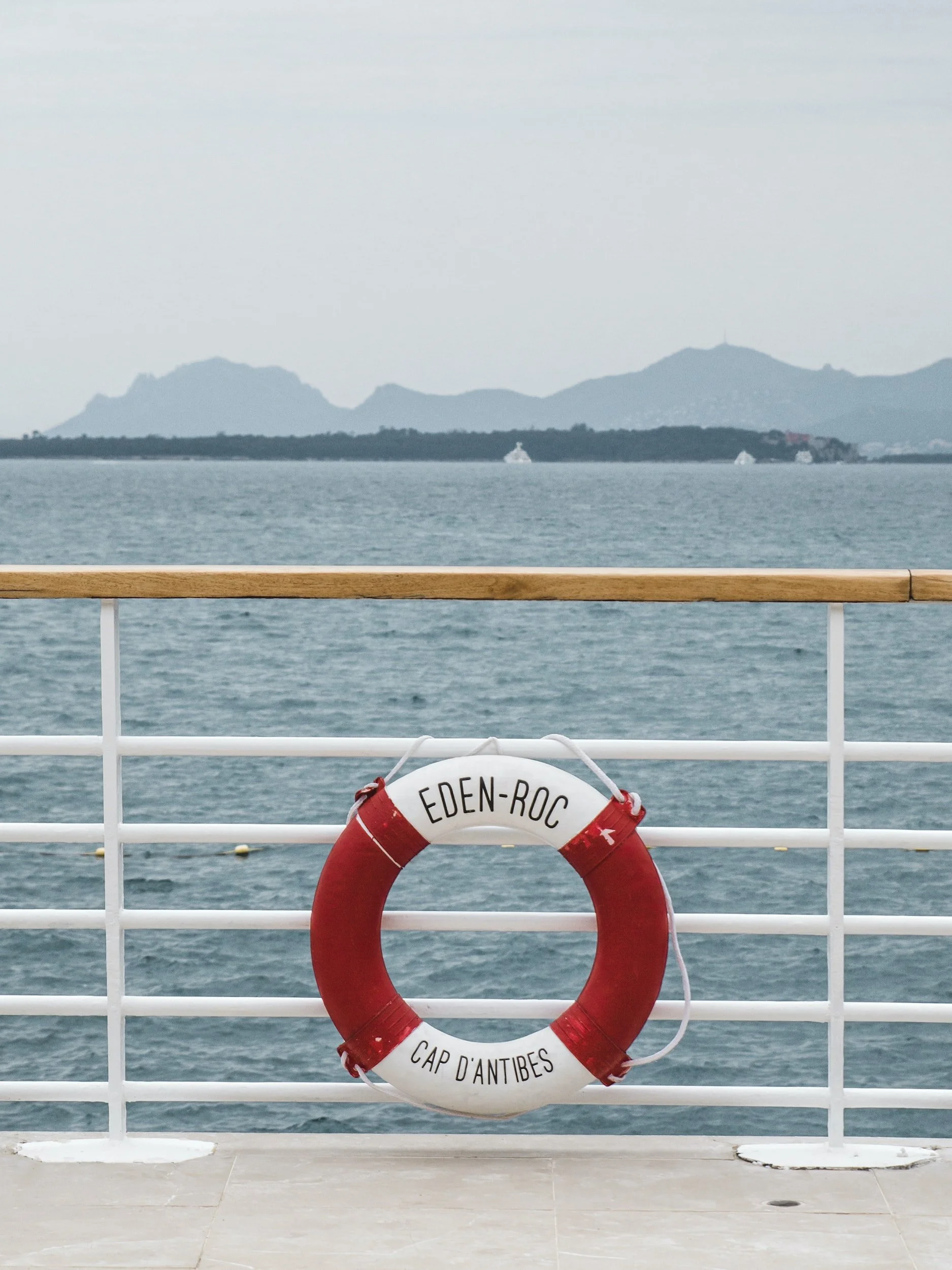Setting up an emergency fund
Having an emergency fund is a cornerstone of a good financial plan. It helps to keep other financial goals on track (like paying off your bond, savings for your kids’ education etc.) by creating a buffer that you can use when times get tough.
What is an emergency fund?
An emergency fund can mean different things to different people. In this context, we are referring to money that you have saved that you can access within a day or two’s notice and the funds won’t be negatively affected by a withdraw on short notice.
You might be asking what do you mean by negatively affected? Well if your money is invested in a high equity fund and the markets are down, you will then lock in those loses if you withdraw, which should be avoided if possible. Alternatively, you could have put the money in a fixed-term deposit (32 day account) that comes with hefty penalties for early withdrawal, also not ideal.
Tip: You can access the money within a day or two’s notice and it won’t be negatively affected when you withdraw in short notice.
Get going!
Don’t get too caught up in the details; just start putting money aside! It’s generally a good idea to open an account not with your bank. This can help reduce the temptation to dip in as the money is not accessible when you log into your banking app.
For most emergency funds, we generally recommend opening a basic unit trust account and investing in a money market fund. This offers easy access, stable growth rates and minimal risk.
Set up a monthly debit order of a manageable amount and then forget about it. Having to think about how much to add each month can be cognitively draining and often can results in nothing happening. Send us an email and we will happily help you set this up.
Tip: Just get going if you don’t have anything in place.
Try and set a goal amount.
It’s a tough question, but if you lost your job how long do you think it might be before you get an income again? A good rule of thumb is that you should have at least three month’s worth of income saved up in an emergency fund.
If you want to get slightly more technical, you can look at your budget and itemize what the absolute essential expenses are. Things like bond payments, food, electricity etc.
Tip: Have at least three months income in your emergency fund.
Have clear rules for yourself on when to use it.
When you set up the emergency fund, write yourself a note on what the fund is for and when you can use it. This is called a commitment device and it will help remind your future self what your present self was thinking, and make it more likely you will only use this money for its intended purpose. Try and be specific so that you don’t end up bending your own rules. Your list could be a mixture of dos and don’ts: - This money is for medical emergencies, if the car can’t drive anymore, if the house is inhabitable. - This money is not for holidays, home improvements, tech upgrades. Tip: Set rules for yourself to make it harder to make unnecessary withdrawals
“But I’ve got insurance for emergencies?"
Having good insurance policies in place is always a good idea. It doesn’t negate the need for an emergency fund because there may be situations where the policy is slow to pay out, or you might not have cover for that particular emergency.
Tip: Review your insurance policies with your financial advisor to make sure you know what you are covered for and what you are not.
If you have any questions about setting up an emergency fund or what your insurance cover currently is please get in touch with us.








